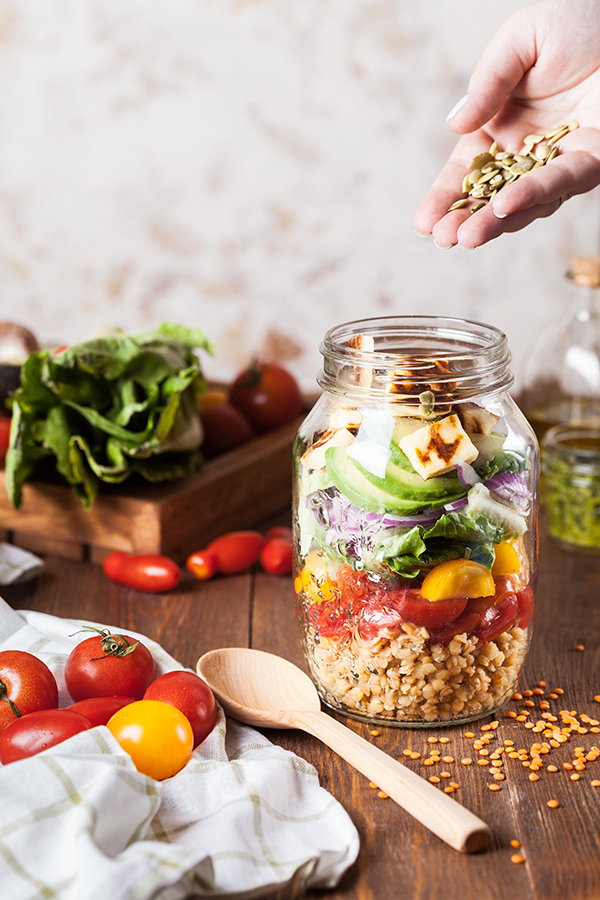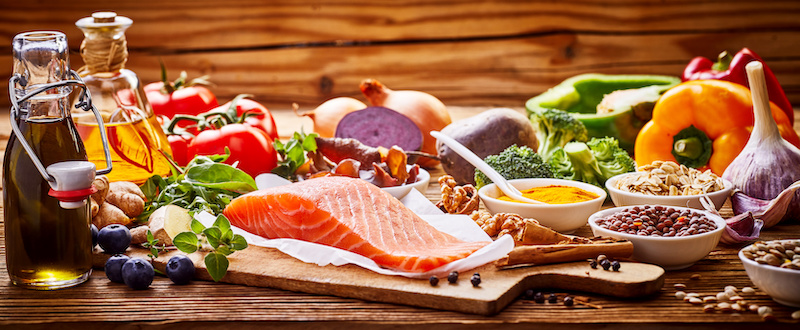A healthy and well-functioning immune system is critical for survival and your best protection against any pathogen including viruses, bacteria and other parasites. And now, more than ever, we want our immune systems to be in the best shape they’ve ever been in.
Nutrition is a major piece of the immunity puzzle; what we put in our body is what will be used as fuel for our immune system. That means, the better quality fuel, the better your body will perform.
Fighting the invisible war
You see, your immune system needs to be constantly alert as it monitors for danger, responding with fast and effective deployment of immune cells against any invading pathogen. It sounds like a war doesn’t it? I guess that is exactly what it is.
To do this task well, your immune cells require adequate and specific nutrition to perform to the best of their ability and not only that – when your immune cells are activated in the line of defense, this increases the need for energy which as a consequence increases the demand for more nutrition – but it has to be the right kind of nutrition!
The right fuel for your body
Just like a car that needs petrol to drive, this protective process that is performed by your immune cells is dependent on very specific types of nutrients from your diet. This is because they play very specific roles in supporting an effective immune system.
It is well understood due to extensive scientific research that undernutrition from food shortages in developing countries impairs immune function but eating the typical western diet full of processed foods and high sugar choices, is also a form of undernutrition – it certainly is where your immune system is concerned.

The essential vitamins and minerals for a healthy immune system
Some of the specific nutrients demanded by your immune system to protect you include food sources below and should be added to your weekly grocery list:
Vitamin A – Dark green leafy vegetables such as spinach, silver-beat and kale, orange fleshed sweet potato, carrots, pumpkin, mangos, apricots, papaya, liver and eggs.
Vitamin C – Citrus fruits such as oranges & mandarins, kiwi fruits, papaya, pineapple, capsicums, strawberries, blueberries, broccoli, peas, green leafy vegetables and parsley.
Vitamin D – We get most of the vitamin D we need from the sun, however small amounts are found in fatty fish such as salmon and tuna, sardines, eggs, mushrooms.
Zinc – oysters, red meat, chicken, lobster, tofu, legumes such as soybean, baked beans & lentils, sunflower and pumpkin seeds, nuts, miso, mushrooms, wholegrains, asparagus, blueberries. The bioavailability of zinc from grains and plant-based foods is less than animal sources due to compounds called phytates that are present which bind to zinc. In saying this, they are still good sources.
Selenium: Brazil nuts are the highest source of selenium. Eating 3-6 raw brazil nuts a day, preferably grown in Brazil is recommended.
Other dietary tips to support your immune system include:
Reduce the sugar & processed carbohydrates in your diet
This includes soft drinks, chips, chocolate, lollies, cakes, biscuits, ice-cream, sweetened breakfast cereals, packaged soups, chicken nuggets, hotdogs, hot-chips, take-away pizza, pastries, fruit juices with added sugar, white bread, white pasta, alcohol & added sugar in tea and coffee.
Sugars & processed carbs can suppress your immune system for hours after you consume them. Reducing processed foods, sugar and alcohol will help your immune system function better.
Commit to sufficient daily protein intake
Protein is critical for immune function; the average person should aim to eat approximately 1 gram/kg in daily grams of protein.
Focus on consuming quality sources including grass-fed meats, wild-caught seafood and vegetarian sources such as tofu and tempeh, legumes, nuts & seeds.
Eat probiotic and prebiotic foods
The good bacteria and micro-organisms in your gut known as the microbiota actually regulate the immune system by communicating with it, so any imbalance can have negative consequences.
Supporting this microbiota is a very smart way to support your overall immune system. Probiotic foods include fermented foods such as good quality plain yoghurt, kimchi, sauerkraut, kefir, kombucha, miso, tempeh. Prebiotic rich foods include asparagus, onions, garlic, apples, leeks, Jerusalem artichokes, oats, bananas and psyllium.
Be supported in your nutritional journey
This guide is here to provide you and your family with some basic guidance to ensure that your food choices are wise choices for your immune system right now.
If you would benefit from support on how to enhance your health please contact Tanya for a fact finding phone call or book an initial consultation below.
Learn more about our Initial Naturopathic Consultations Click Here
This blog contains information from my experience as a naturopath, education via Bachelor of Health Science Degree and continued research. This blog is not intended to provide individual health recommendations.










